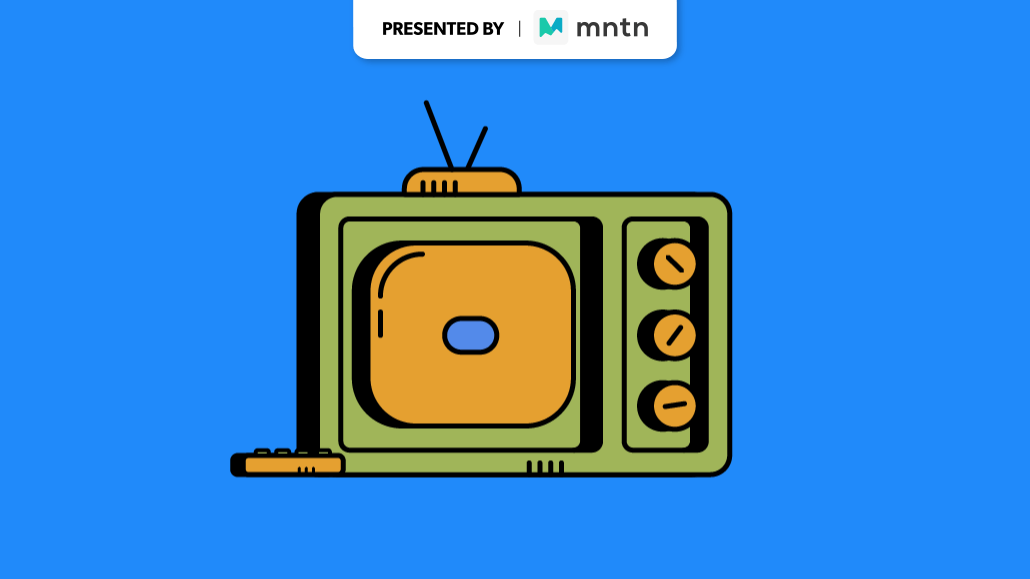Secure your place at the Digiday Media Buying Summit in Nashville, March 2-4
Why Anheuser-Busch prefers PMPs to programmatic guaranteed deals for streaming ads

As programmatic gains popularity as a buying method for streaming advertising, a growing point of contention between ad buyers and sellers is their divergent programmatic ad deal preference.
Sellers like the revenue assurance of programmatic guaranteed deals, which require advertisers to commit to a certain spending amount upfront, whereas buyers favor the flexibility of programmatic private marketplace deals that allow them to spend or not spend how they’d like. Beer giant Anheuser-Busch falls firmly in the latter camp.
“There’s no need to dig heels in on a PG when PMPs really do give us the best of both worlds with targeting, frequency management but also leveraging the great, amazing inventory that all the sellers have to offer,” Anheuser-Busch’s head of media Juliana Wurzburger said during the Digiday Future of TV Advertising Forum on Nov. 9.
As much as TV network owners especially try to push PG deals for their streaming inventory, they have been met with resistance from the buy side. During the Digiday Future of TV Town Hall session on Nov. 8 — in which participants were granted anonymity in exchange for candor — one executive lamented the low adoption of PG deals at the moment. “It seems like advertisers, to the point with flexibility, don’t even want to commit to a certain spend level. They just want to set up PMPs and be done with it,” the executive said.
Pretty much, yes. Though Wurzburger elaborated when making her case for why Anheuser-Busch prefers PMP deals.
Anheuser-Busch’s primary metric when evaluating its video campaigns is reach, she said. And a big consideration for an advertiser when trying to reach as many people as possible is ensuring that they’re not reaching the same people too often or not often enough. Enter the PMP, which can facilitate frequency management as viewers flit across streaming services.
“It’s really important for us that we leverage those PMPs in order to stringently monitor the frequency across all of our partners,” Wurzburger said. “So with that PMP tool and our [demand-side platform] partners, we’re able to make sure we are maximizing unique household reach but also not wasting impressions.”
As for the revenue assurance that streaming ad sellers seek and has them gravitating toward PG deals, Wurzburger addressed that argument. “Do you need me to sign a piece of paper? We’ll do that. The reticence, it’s an activation perfection versus a concern over flexibility or maybe firm-flex. And that to me is a conversation we can have,” she said.
Having said all that, Anheuser-Busch is not exclusively buying streaming inventory through PMP deals. The brand is the first beer advertiser to run on Netflix’s new ad-supported tier. And while Netflix has enlisted Microsoft as an ad sales support and ad tech provider, the streamer’s programmatic pipes are still in the process of being laid.
Asked about Microsoft’s involvement in servicing Netflix’s initial advertisers and to what extent programmatic figures in, Wurzburger said, “They’re kind of helping out, as far as I know, from a service perspective, from an ad sales perspective. So really, to your point, it’s still a bit nascent, and it’s very, I would say, basic in terms of targeting, measurement and truly what they even have to offer from a surrounding of content perspective.”
Speaking a week after Netflix’s ad-supported tier launched in the U.S. on Nov. 3, Wurzburger said, “I don’t have any reports yet on how it’s delivering other than it is delivering.” She also noted that “a few of us” have switched to Netflix’s ad-supported tier to monitor its ads’ delivery, “but we don’t have any exact performance details yet.”
More in Future of TV

Future of TV Briefing: CTV identity matches are usually wrong
This week’s Future of TV Briefing looks at a Truthset study showing the error rate for matches between IP and deterministic IDs like email addresses can exceed 84%.

Future of TV Briefing: How AI agents prime TV advertising for ‘premium automation’
This week’s Future of TV Briefing looks at how agentic AI can enable TV networks to automate the sales of complex linear TV ad packages.

Inside NBCUniversal’s test to use AI agents to sell ads against a live NFL game
NBCUniversal’s Ryan McConville joined the Digiday Podcast to break down the mechanics of the company’s first-of-its-kind agentic AI ad sales test.








